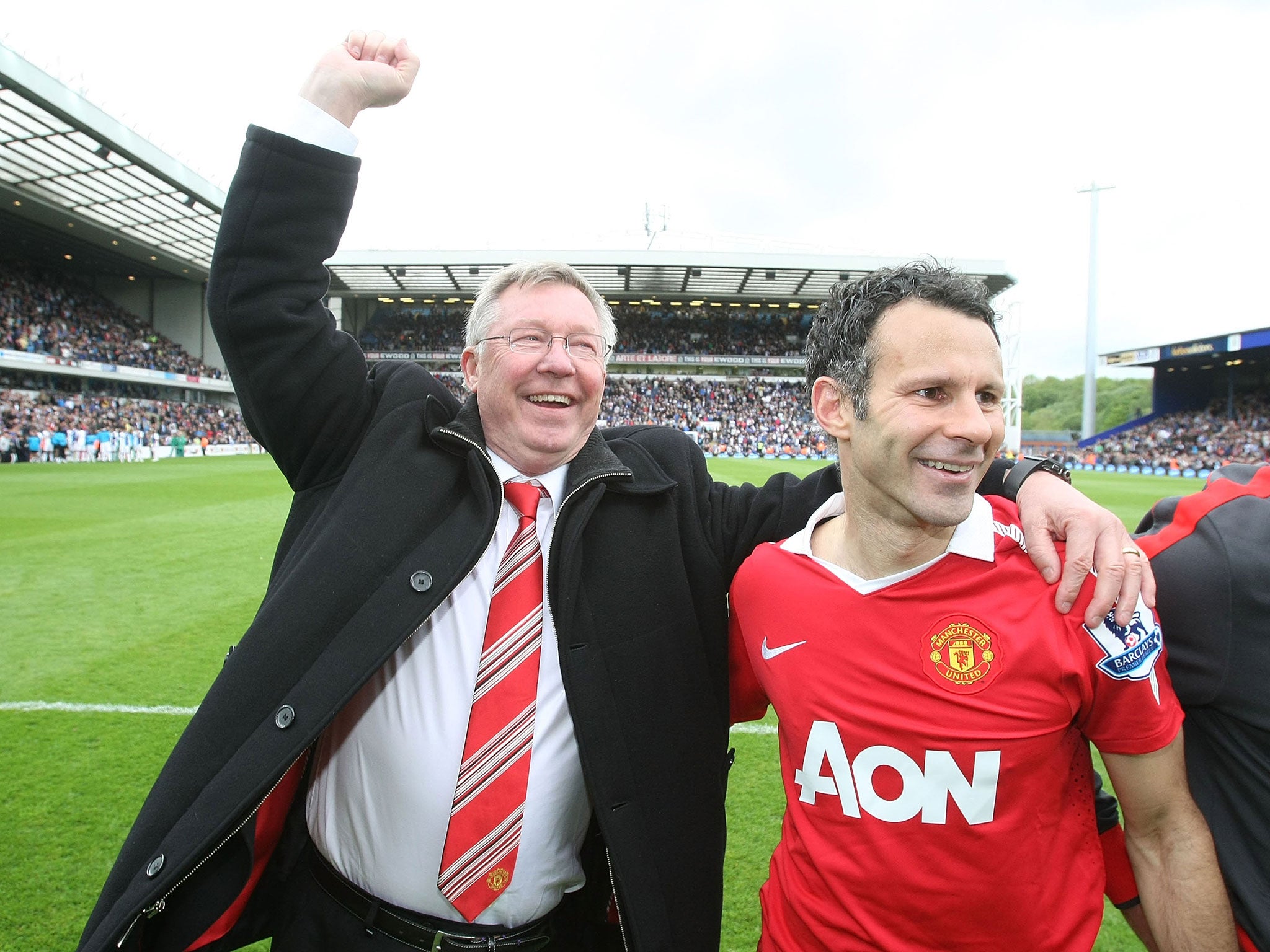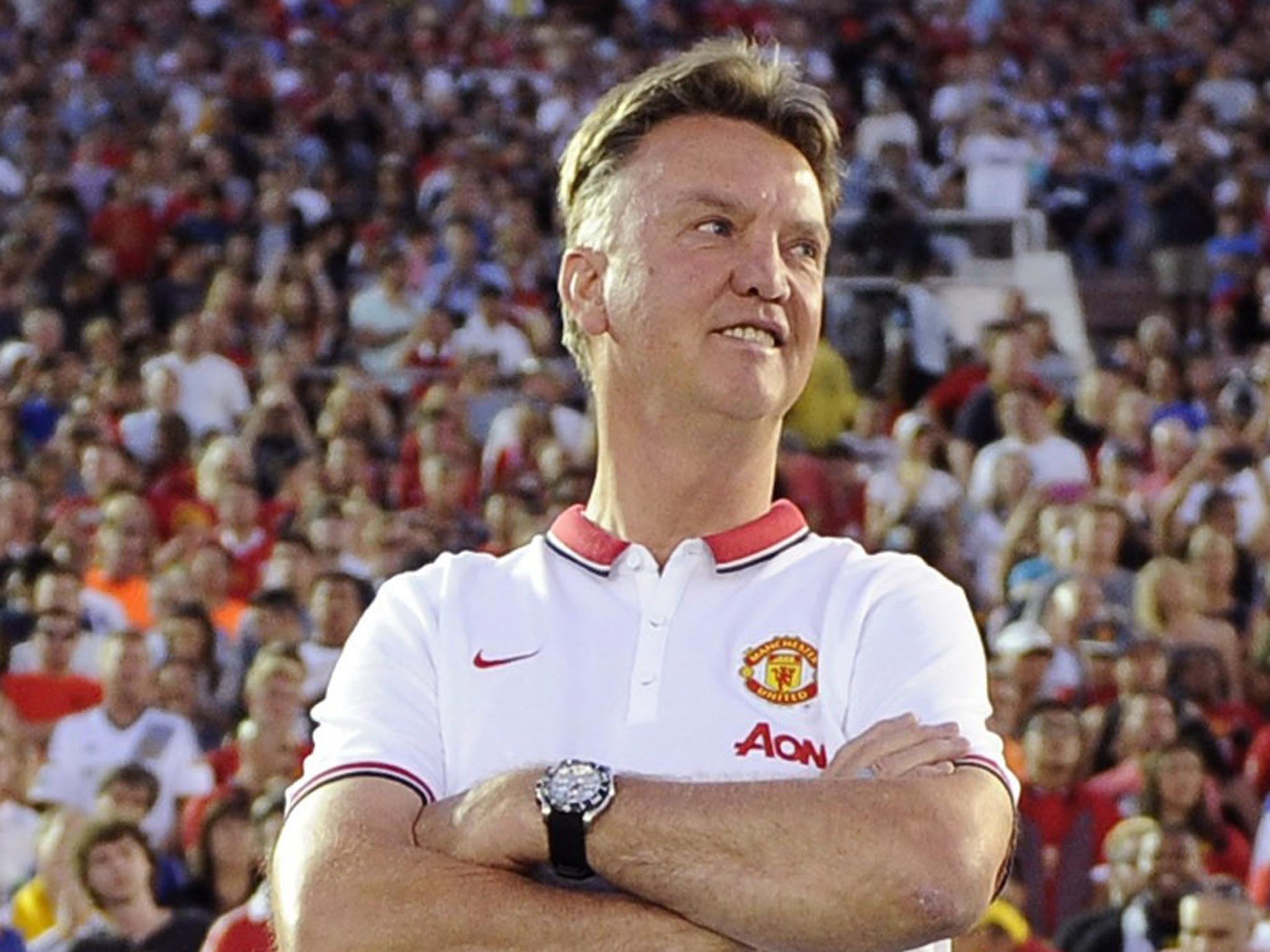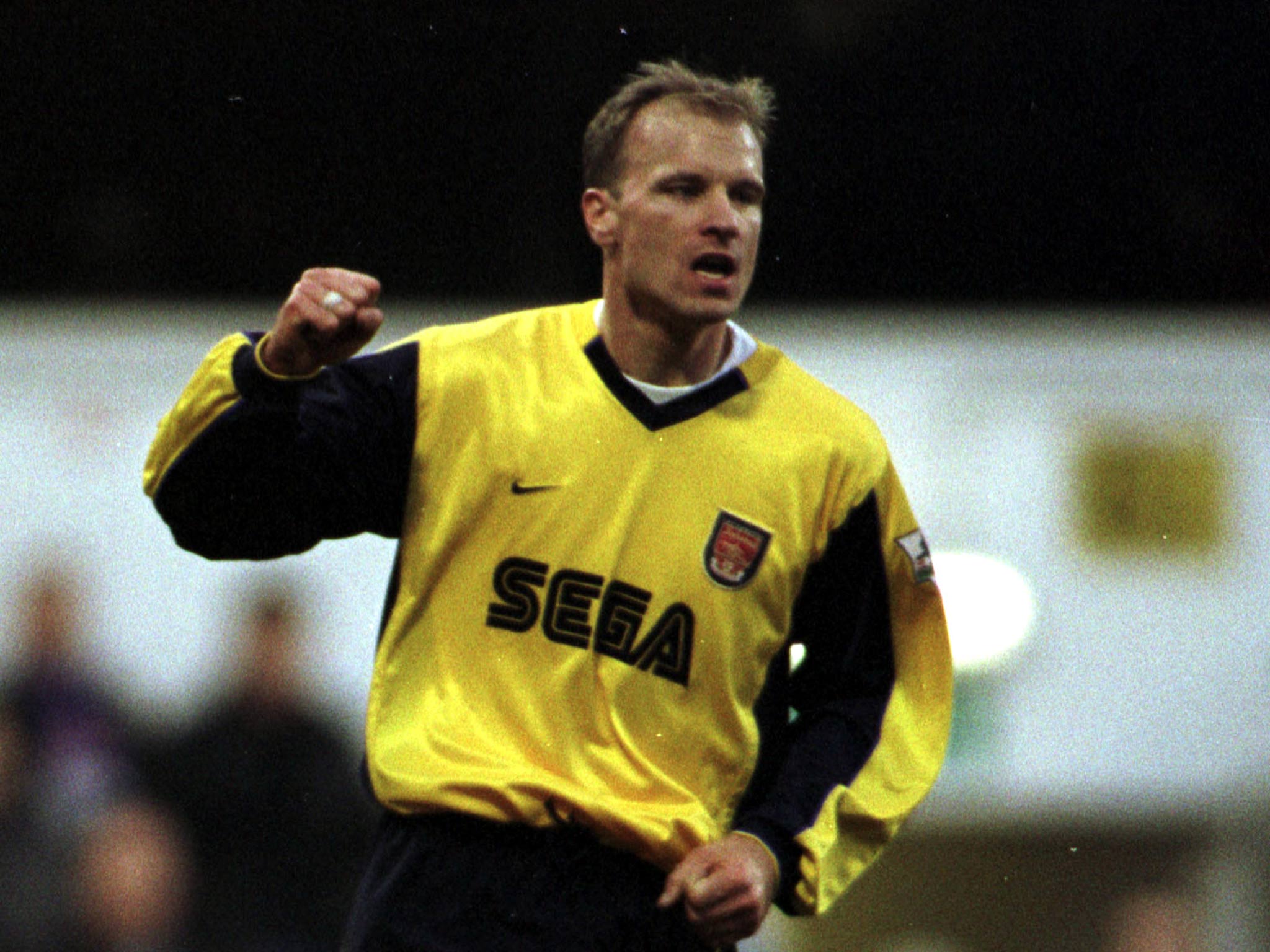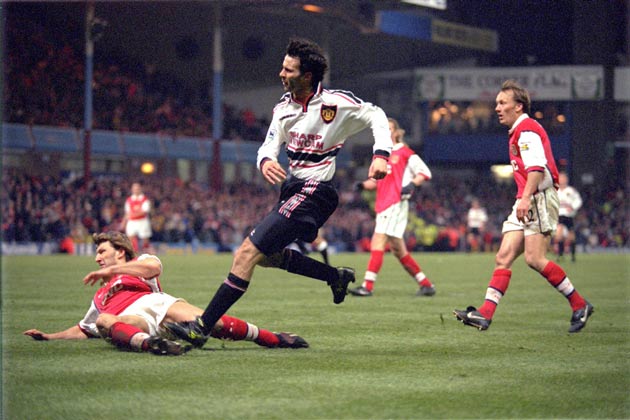Manchester United vs Arsenal: A lesson Louis van Gaal could learn from former Manchester United manager Sir Alex Ferguson
COMMENT: Ferguson just signed players who fitted the system and gave them freedom to play, writes Ian Herbert. The current Manchester United manager could do with employing that light touch approach

It probably seems ridiculous to talk about Sir Alex Ferguson and the art of light touch management. This is the man who turfed Ryan Giggs and Lee Sharpe out of that house party in Blackpool, after turning up at the door, told Paul Ince to his face he was “a bottler” and, to bring it down to my own base journalistic level, would exclude you from press conferences if your sports editor’s expression of regret for what you had written was deemed “not apologetic enough”.
But it was a light touch he certainly applied to managing a football team and that is what the discussion of Louis van Gaal’s failure, so far, to resurrect Ferguson’s Manchester United all boils down to.
This story belonged to our broader conversation about the notion that Ferguson was a dictator. “If you asked me how much of his 25 years there has been spent angry, I would probably say 0.001 per cent,” Neville said. “The rest of the time he is a manager.”
When we first saw Van Gaal at work for United, in Los Angeles last summer, there was something very thrilling about his heavier touch. After the rudderless David Moyes months, United and their supporters were looking for some assertion in their team’s leadership. And there it was, in one quite extraordinary open training session at the Pasadena Rose Bowl, where Van Gaal publicly berated Darren Fletcher for missing the target and Luke Shaw for a goal scored too close to the goalkeeper during a drill in which they were first forced to shoot continually with their left foot, then with their right.

Jonny Evans seemed to be grinning in Washington a few days later when he described Van Gaal going through a DVD of an early game to correct the defender’s spatial weaknesses. “He is saying, ‘You should be five yards to the right,’” Evans related. “There are things you are doing on the pitch, and the whole team will be feeling the same, and you’re thinking, ‘Am I in the right position?’” It was certainly never like this with Ferguson, Evans said. “The case before was that as long as we got the results everything was fine.”
It was easy to become so drunk on the novelty factor – stories such as United ambassador Bryan Robson initiating a dinner-table conversation with Van Gaal on the lines of how 3-4-1-2 works and finding that his head was hurting by the end of the Dutchman’s explanation with rearranged wine glasses – that you forgot what had actually made United great in the first place. Tactical rigour, certainly. And team discipline. But more than those two commodities, the quality of libertarianism.
You can badger any of Ferguson’s former players for as long as you want for a sense of how he inculcated the free-flowing football culture and you’ll never get one story about a DVD session. “He just signed players who played that way and fitted the system and gave them the freedom to play,” one told me last week.
The freedom seems to have flooded out of this United side, whose football was last month described as “miserable” by The Independent’s columnist Paul Scholes, who knows a little about Ferguson, and – as another of our columnists Danny, Higginbotham, articulated in a widely shared tactical analysis on Saturday – now involves every midfielder and forward somehow congregating in the same area of the field, with none of the galaxy of talents putting the fear of God into teams.
Even in the heady early months, you wondered how the Van Gaal principle of players thinking “with their brains not their feet” – plotting their progress around the field through a process of thought, not instinct – would actually translate.
The best analysis by some distance of how it is to be a Van Gaal player is provided in the stunning autobiography of Dennis Bergkamp, Stillness and Speed. And though it should be viewed against the prism of Bergkamp falling out with the manager whose tactical genius saw him intuit that he was a No 10, not a winger, in the first place, there is something suffocating in the Van Gaal camp. “Everything became more tactical,” Bergkamp writes. “Where should you run and why? ‘Think, guys,’ Van Gaal would say. ‘Consider every move you make.’ You had to be aware of everything you were doing. Every action had to have a purpose.” The word Bergkamp had for this approach was “fanatical”.

Van Gaal and Bergkamp fell out when the player graduated from the young pupil with something to prove to a player wanting to impose the individualism and intuition that Van Gaal dislikes. “I just knew, instinctively, where I needed to be decisive,” Bergkamp writes. “Van Gaal tells me: ‘Move back 10 yards to be in a better defensive position, Dennis. I say: ‘I’d prefer not to, Coach, because if we win the ball I’ll have to make up those 10 yards at a sprint, and that will cost me that little bit of energy I need to be decisive’.” It was the beginning of the end between them.
Which brings us to Monday night and Arsenal and the FA Cup and, with very few hurdles between United and the final, the inevitable memory of Giggs, adhering to that same Bergkamp school of defensive positioning, leaping on Patrick Vieira’s loose pass and wreaking havoc, 16 years ago.

That is the video Van Gaal would be wise to watch heading into this evening. It took Giggs precisely 11 seconds to seize the loose ball, run with it and score, but those moments are testament to three of the pillars of Ferguson’s belief system: individualism, freedom of expression – and light touch management.
Join our commenting forum
Join thought-provoking conversations, follow other Independent readers and see their replies
Comments